About - Kavli Institute for Systems Neuroscience
About the Kavli Institute

The Kavli Institute for Systems Neuroscience
Is a leading research institute founded by Nobel Laureates May-Britt Moser and Edvard Moser in 1996 to investigate the emergence of higher brain functions.
The neuroscience research institute led by Edvard Moser, May-Britt Moser and Bjarne Foss, now comprises five research centres:
- Centre for Algorithms of the Cortex (CAC)
- Centre for Neural Computation (CNC)
- Egil and Pauline Braathen and Fred Kavli Centre for Cortical Microcircuits (BKC)
- K.G. Jebsen Centre for Alzheimer’s Disease (JCA)
- Mohn Research Center for the Brain (MCB)
The Kavli Institute is an interdisciplinary village of experts with the common desire to understand how complex information is encoded in high-level neural networks and how complex behaviours arise from these codes and systems.
The institute staff is organized in eleven research groups, and several support groups such as Animal Tech, Technical Group, Kavli Communication, and an Administrative team.
The department is responsible for an international Master's degree programme in Neuroscience, and has joint responsibility for the PhD programme in Medicine and Health Sciences at NTNU, and The Norwegian Research School in Neuroscience (NRSN) organised and run by KISN with the support and participation from the major Norwegian universities.
The Kavli Institute for Systems Neuroscience is a Centre of Excellence (CoE) since 2002, a Kavli Foundation Institute since 2007, a Braathen-Kavli Centre since 2015, a department at the Faculty of Medicine and Health Sciences at Norwegian University of Science and Technology (NTNU) since 2017, a K.G. Jebsen Centre since 2020, and a Mohn Research Centre since 2021.
Research focus
The normal human brain is made up of about 100 billion nerve cells (neurons). Each nerve cell can have an average of approximately 10-20,000 points of contact with other nerve cells. These contact points are called synapses, which is where the storage of memories takes place.
Researchers at the Kavli Institute for Systems Neuroscience explore the brain's functioning by detecting and analysing the electrical signals in the brain, primarily in the regions of the brain called the entorhinal cortex and hippocampus. The hippocampus is an older part of the cerebral cortex and has a central role in the functioning of human and animal memory, while the entorhinal cortex contains grid cells, border cells, direction cells, and speed cells that together give the brain the ability to make highly advanced maps.
Since the centre’s inception, Kavli researchers have used laboratory rats as study animals. In the experiments, rats run around in boxes and corridors chasing treats. Simultaneously, very thin electrodes inserted into their brains enable researchers to detect their brain activity. The electrodes, placed in the space between the brain cells, are so sensitive that they distinguish signals from individual neurons in the network. Today KISN research groups study higher brain functions in rats, mice, zebrafish and humans using experimental and theoretical approaches.
Boards

Carla J. Shatz
Chairman, Professor, Stanford University, California

Larry Abbott
Professor, Columbia University, New York

Catherine Dulac
Professor, Harvard University, Massachusetts

Maneesh Sahani
Director and Professor, Gatsby Computational Neuroscience Unit, UCL

Tony Movshon
Professor, New York University School of Medicine

Erin Schuman
Professor, Max Planck Institute for Brain Research, Frankfurt am Main

Michael Yassa
Professor and Director of Center for the Neurobiology of Learning and Memory, University of California at Irvine

Yang Dan
Professor, University of California Berkley

Toril Hernes
Pro-Rector for Research and Innovation, NTNU

Siri Forsmo
Dean, Faculty of Medicine and Health Sciences, NTNU

Cynthia Friend
President, Kavli Foundation

Amy Bernard
Director of Life Sciences, Kavli Foundation

Robert Clifford
Representative of Pauline Braathen

Tom Christian Martinsen
Director, St.Olav’s Hospital

Jan Frich
Director, Central Norway Regional Health Authority

Chairman, Trondheim Foundation for Scientific Research (TFSR)

Bo Gleditsch
Secretary General, National Health Association
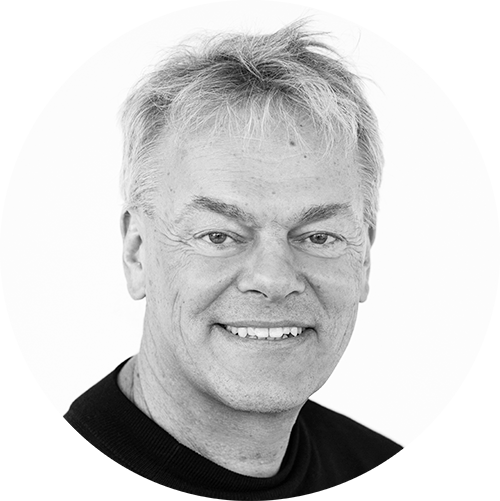
Edvard Moser
Secretary, Scientific Director Kavli Institute for Systems Neuroscience
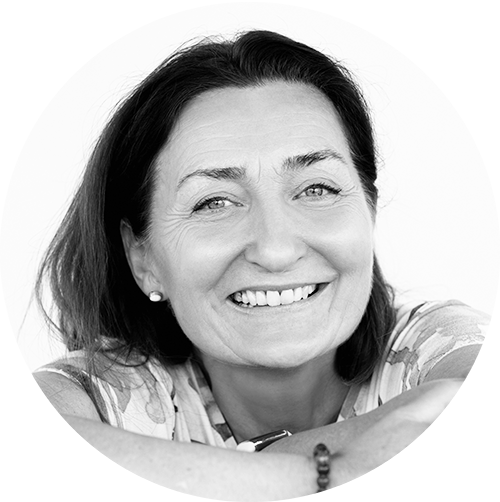
May-Britt Moser
Secretary, Scientific Director Kavli Institute for Systems Neuroscience

Bjarne Foss
Secretary, Administrative Director Kavli Institute for Systems Neuroscience

Karen Duff
Professor, UK Dementia Research Institute

Tara Spires-Jones
Professor, University of Edinburgh

Emrah Düzel
Professor, Otto-von-Guericke University Magdeburg

Henrik Zetterberg
Professor, Gothenburg University

Siri Forsmo
Dean, Faculty of Medicine and Health Sciences, NTNU

Tom Christian Martinsen
Director St.Olav’s Hospital
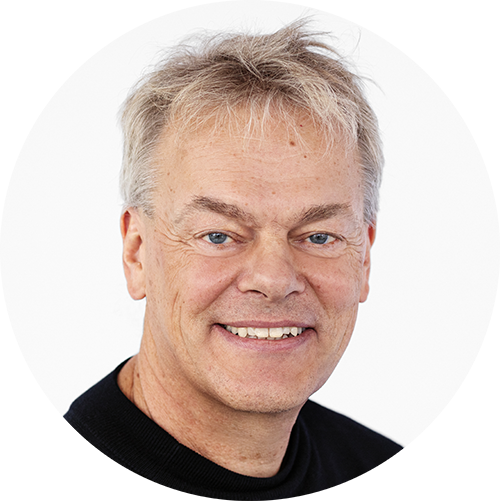
Edvard Moser
Professor, Kavli Institute for Systems Neuroscience
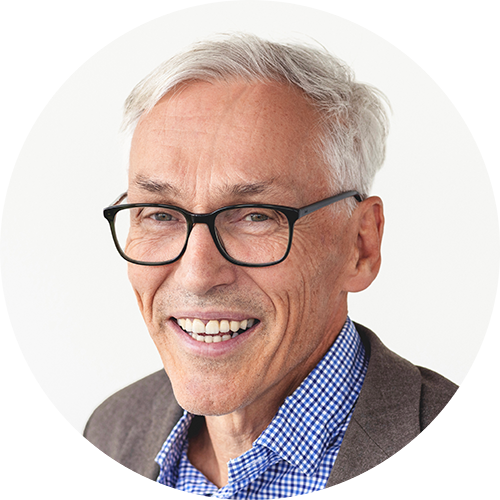
Bjarne Foss
Administrative Director, Kavli Institute for Systems Neuroscience

Anne Rita Øksengård
Head of Research, Norwegian Health Association

Jan Frich
Director, Central Norway Regional Health Authority

Tobias Bonhoeffer
Director, Max Planck Institute for Biological Intelligence, Munich

Erin Schuman
Professor, Max Planck Institute for Brain Research, Frankfurt am Main

Valentina Emiliani
Research Director, Institute de la Vision, Paris

Michael Hausser
Professor, University College London

Siri Forsmo
Dean, Faculty of Medicine and Health Sciences, NTNU

Hanne Harbo
Dean, Faculty of Medicine
University of Oslo

Per Sigvald Bakke
Dean, Faculty of Medicine
University of Bergen
Kavli faculty and historic timeline

May-Britt Moser
Professor

Edvard Moser
Professor

Jonathan Whitlock
Professor

Clifford Kentros
Professor
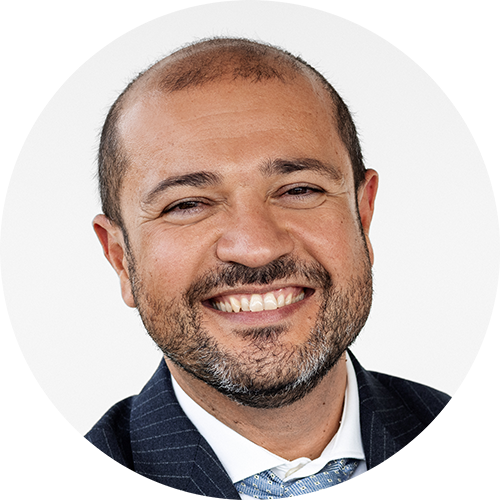
Emre Yaksi
Professor

Christian Doeller
Professor 20%

Tobias Navarro Schröder
Associate Professor
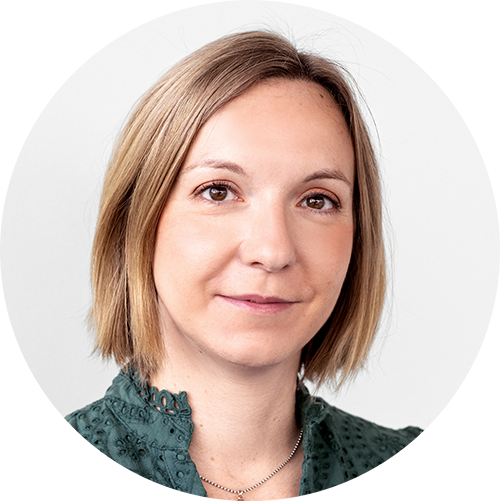
Giulia Quattrocolo
Associate Professor

Maximiliano Jose Nigro
Associate Professor
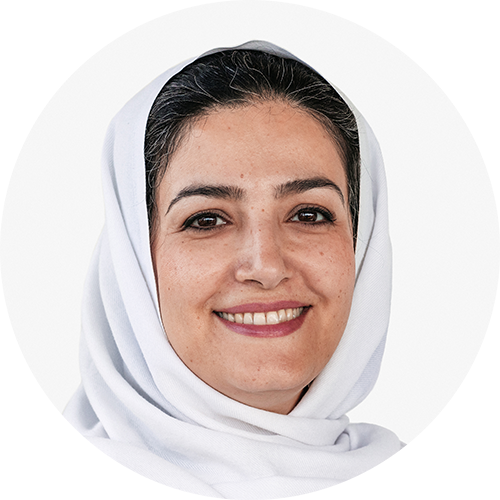
Maryam Ziaei
Associate Professor

Soledad Gonzalo Cogno
Researcher

Weijian Zong
Researcher
- 2024: Ten years since May-Britt Moser and Edvard Moser received the Nobel Prize in Physiology or Medicine together with John O’Keefe for their discovery of the brain’s navigation system.
- 2023: Principal investigator Weijian Zong starts up new research group: Zong Group.
- 2023: Principal investigator Soledad Gonzalo Cogno starts up new research group: Gonzalo Cogno Group.
- 2022: The Kavli Institute is awarded a third Centre of Excellence, the Centre for Algorithms of the Cortex is established (funding period: 2023-33).
- 2021: Creation of Mohn Research Centre for the brain.
- 2021: Principal investigator Maryam Ziaei starts up new research group at Kavli: Ziaei Group.
- 2020: Opening of K.G. Jebsen Centre for Alzheimer's Disease.
- 2020: Principal investigators Tobias Navarro Schröder, Giulia Quattrocolo og Maximiliano Jose Nigro starts up new research groups at Kavli: Navarro Schröder Group, Quattrocolo Group and Nigro Group.
- 2018: May-Britt Moser and Edvard Moser awarded the Grand Cross of the Royal Norwegian Order of St. Olav, in recognition of their research, their social involvement, and their commitment to animal welfare in research.
- 2018: How your brain experiences time: Researchers at the Kavli Institute for Systems Neuroscience discovers a network of brain cells that express our sense of time within experiences and memories.
- 2018: The Kavli Institute is an internationally leading centre of competence for brain research. The Institute hosts seven research groups, eight principal investigators, 100+ employees and an international student environment.
- 2017: The Starmus IV festival is arranged in Trondheim
- 2016: Principal investigator Christian Doeller starts up new research group, Doeller Group.
- 2015: Creation of Egil and Pauline Braathen and Fred Kavli Centre for Cortical Microcircuits.
- 2014: May-Britt Moser and Edvard Moser receive the Nobel Prize in Physiology or Medicine together with John O’Keefe for their discovery of the brain’s navigation system.
- 2014: Principal investigator Emre Yaksi starts up new research group, Yaksi Group.
- 2013: Principal investigator Clifford Kentros starts up new research group, Kentros Group.
- 2012: The Kavli Institute is awarded a second Centre of Excellence, the Centre for Neural Computation (funding period: 2012-2022).
- 2012: Principal investigator Jonathan Whitlock starts up new research group at Kavli, Whitlock Group.
- 2011: The Kavli Institute becomes part of NORBRAIN, with Edvard Moser as the national project leader. NORBRAIN is one of the world’s largest infrastructures for research on complex mental functions and dysfunctions, like Alzheimer's and Parkinson's disease.
- 2010: Principal investigator Yasser Roudi starts up new research group at Kavli. Roudi Group.
- 2007: Principal investigator Menno Witter starts up new research group at Kavli, Witter Group.
- 2007: The research centre becomes a Kavli institute – the fifteenth in the world, the fourth within neuroscience, the third in Europe, the first and only in Norway.
- 2005: International breakthrough: The discovery of grid cells.
- 2002: Centre for the Biology of Memory is established as part of a new Centre of Excellence scheme by the Research Council of Norway (funding period: 2002-2012).
- 1996: The Moser Group has two employees: May-Britt Moser and Edvard Moser. Their first research lab at NTNU is built from a bomb shelter. Their research focus is navigation and memory in the brain.
Historic timeline
SUPPORT THE BRAIN RESEARCH
You are most welcome to support the brain research at the Kavli Institute for Systems Neuroscience led by May-Britt Moser and Edvard Moser.
The Research Fund of the Kavli Institute for Systems Neuroscience has the sole purpose of providing direct financial support for the brain research.






